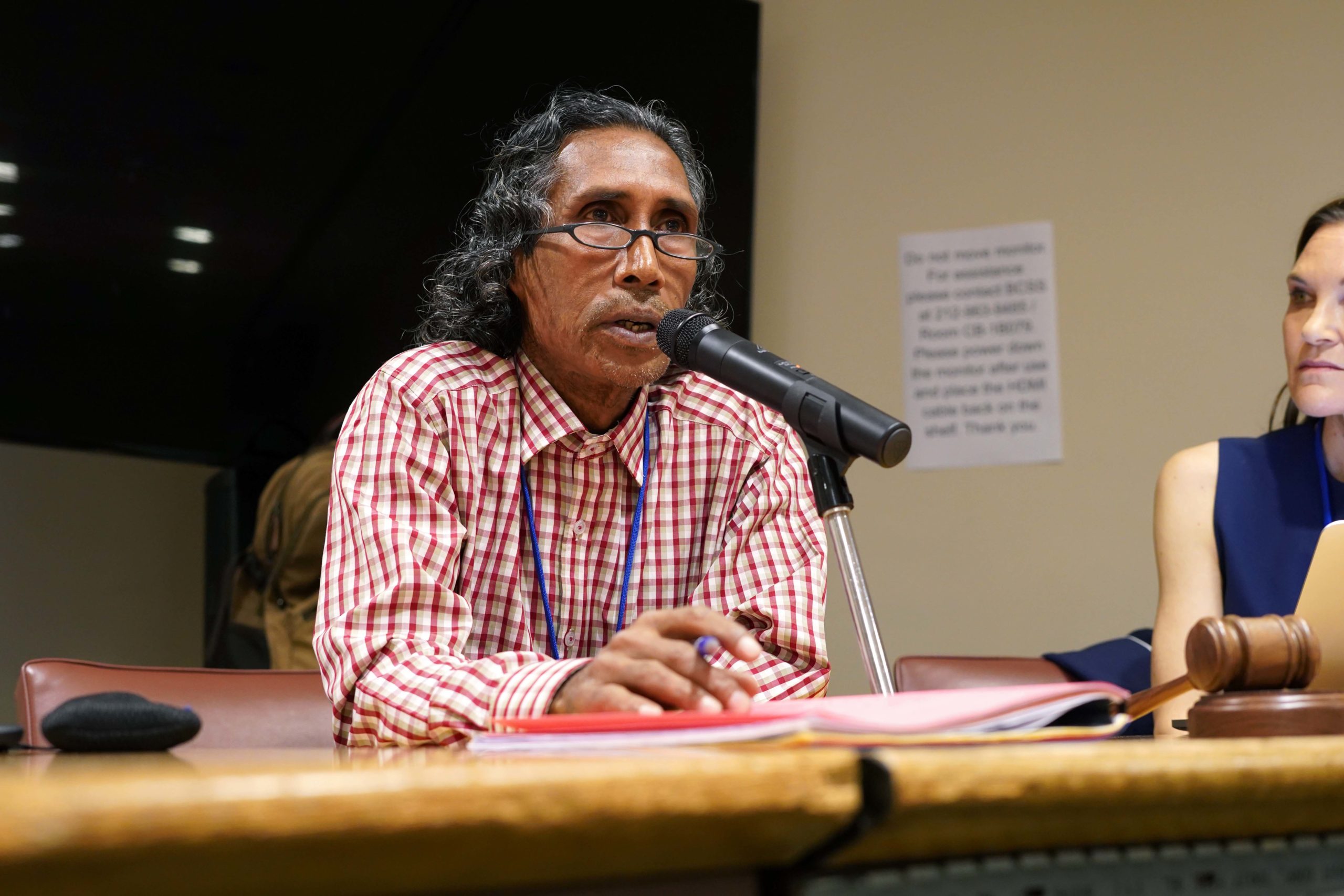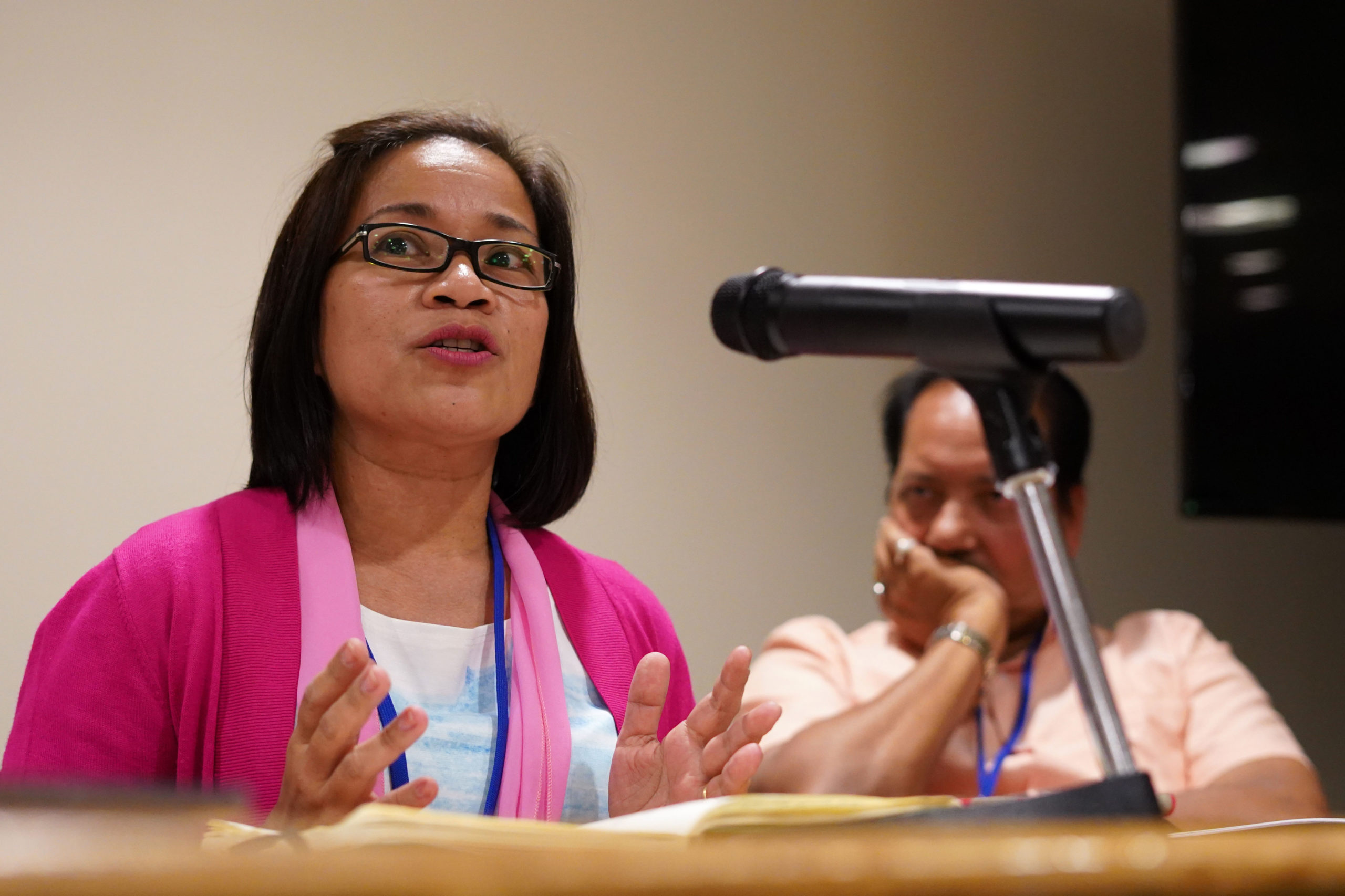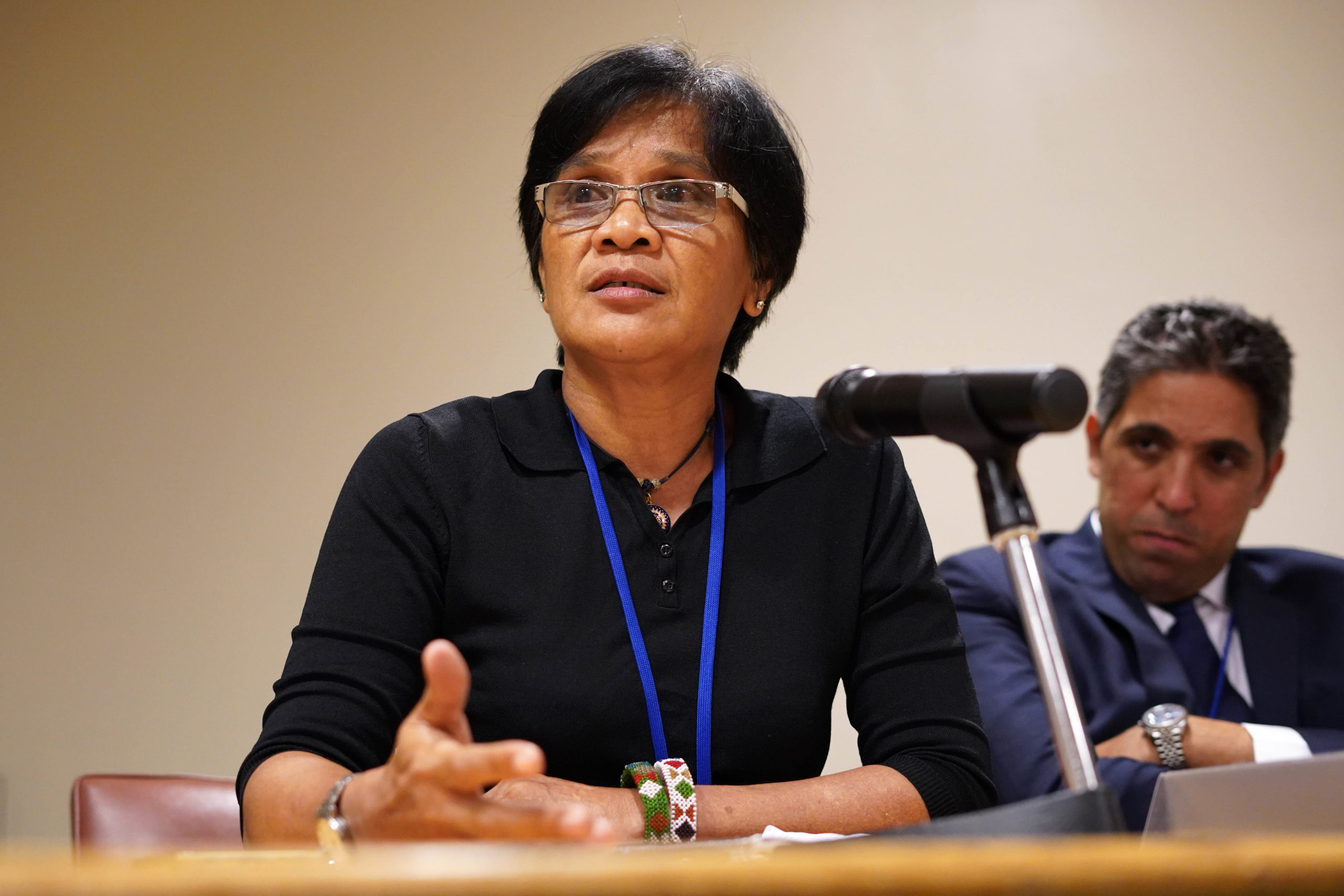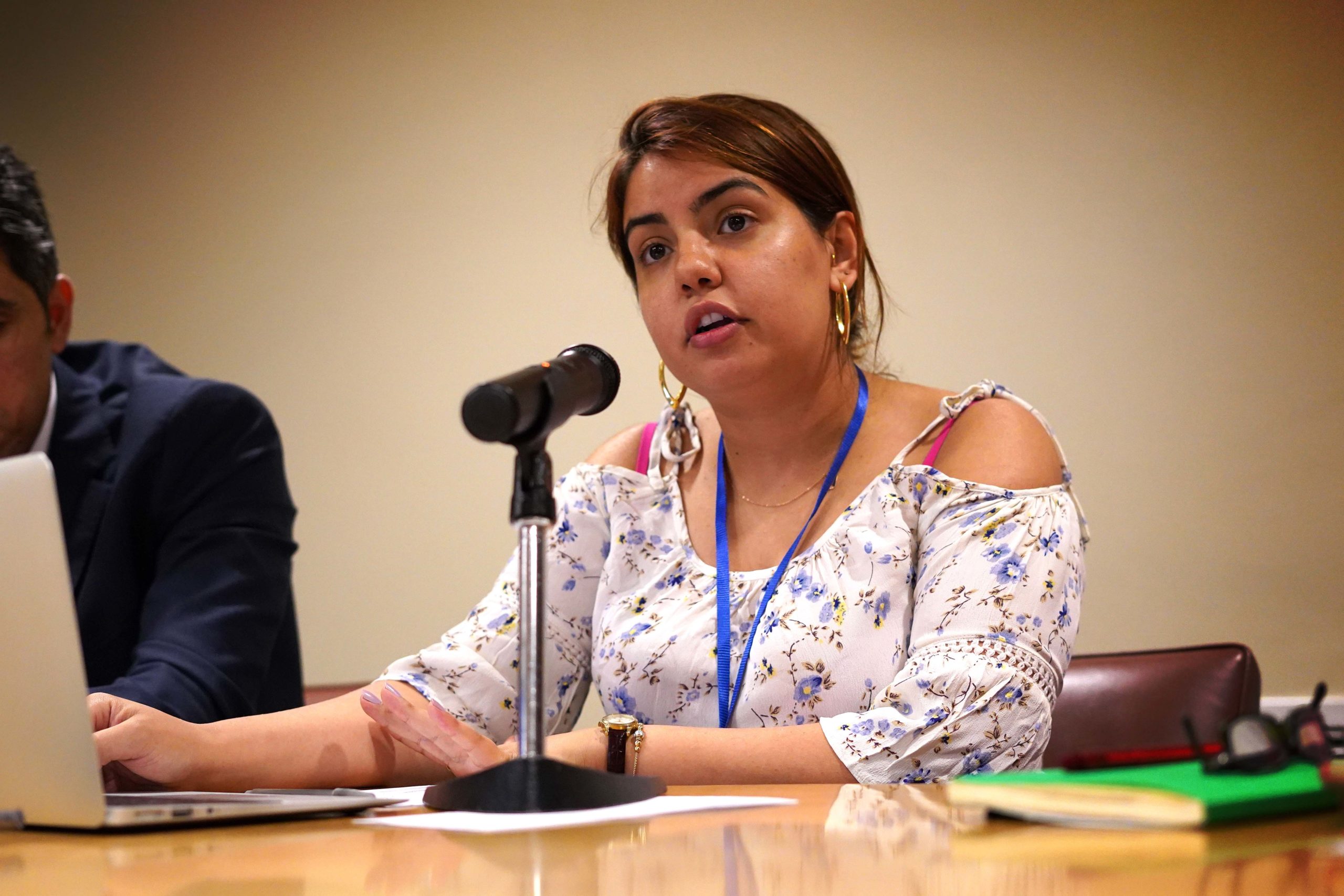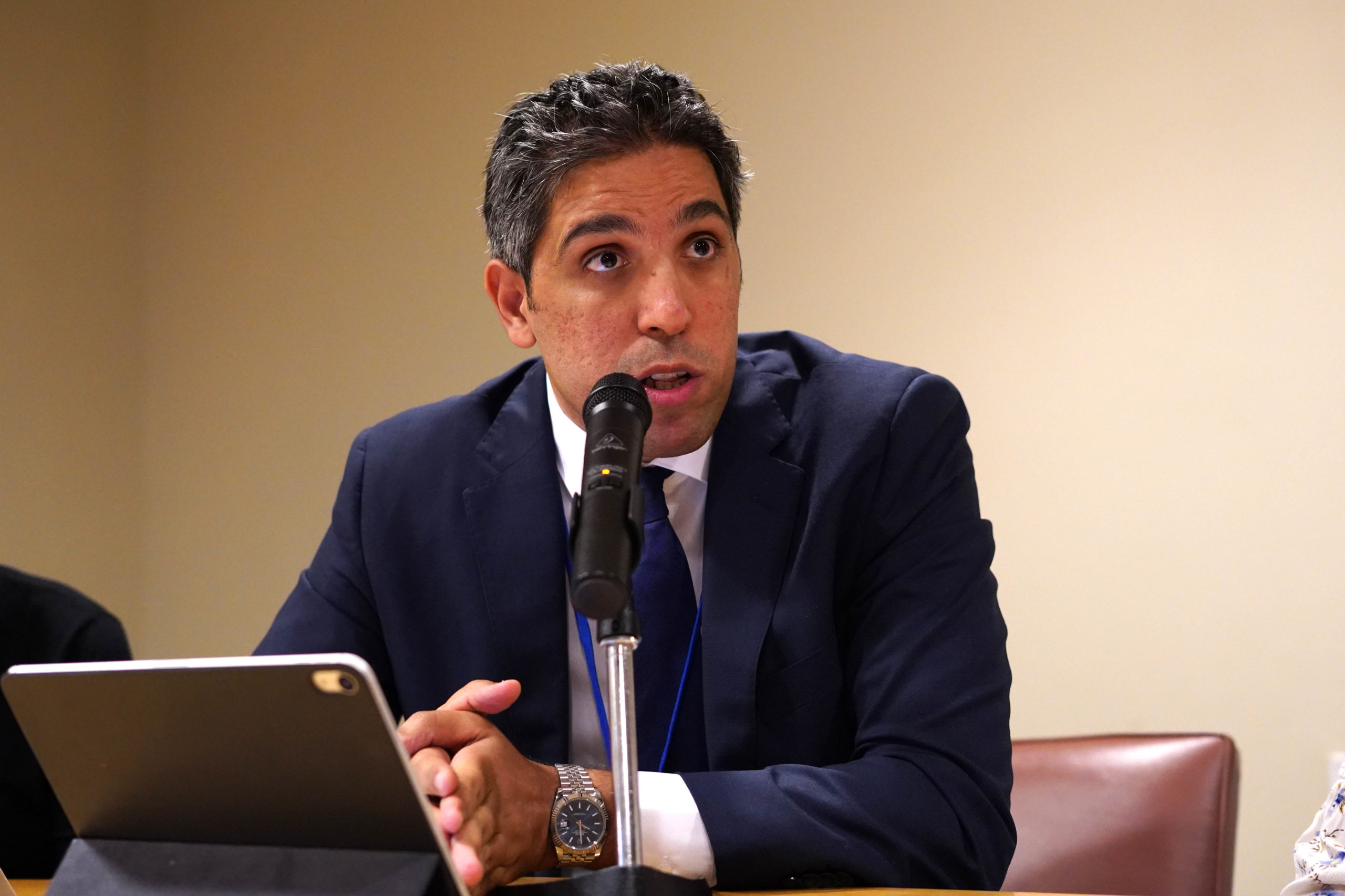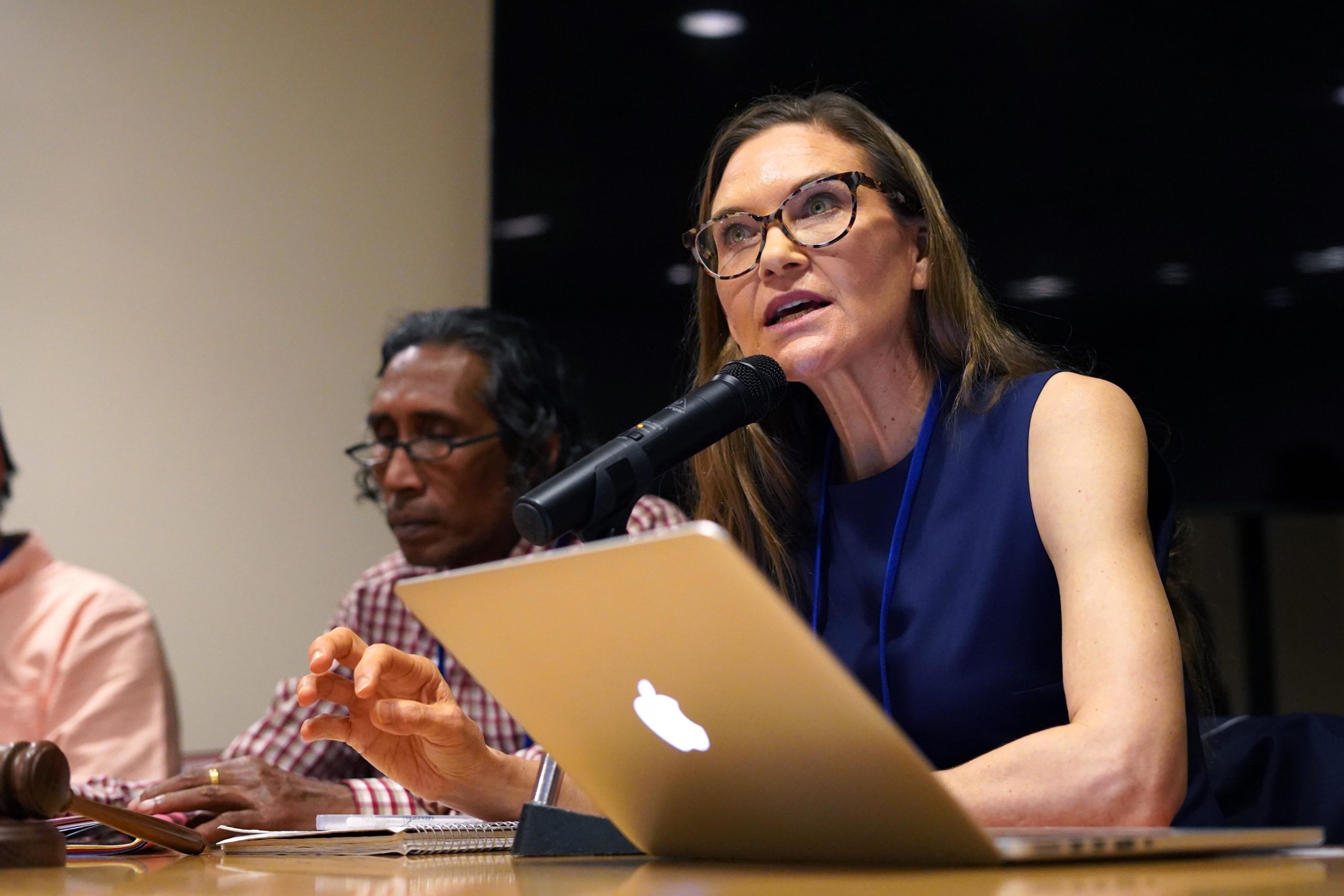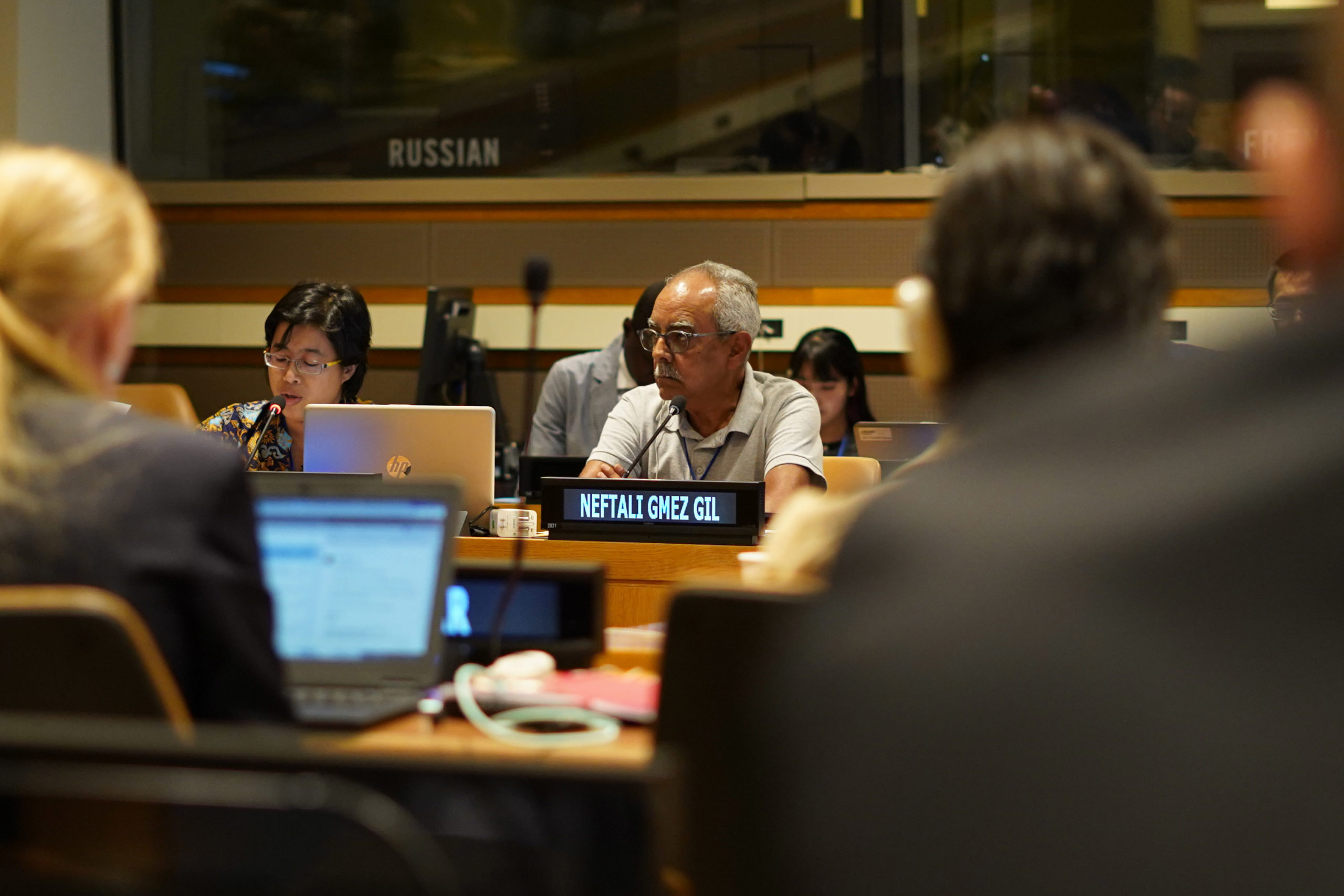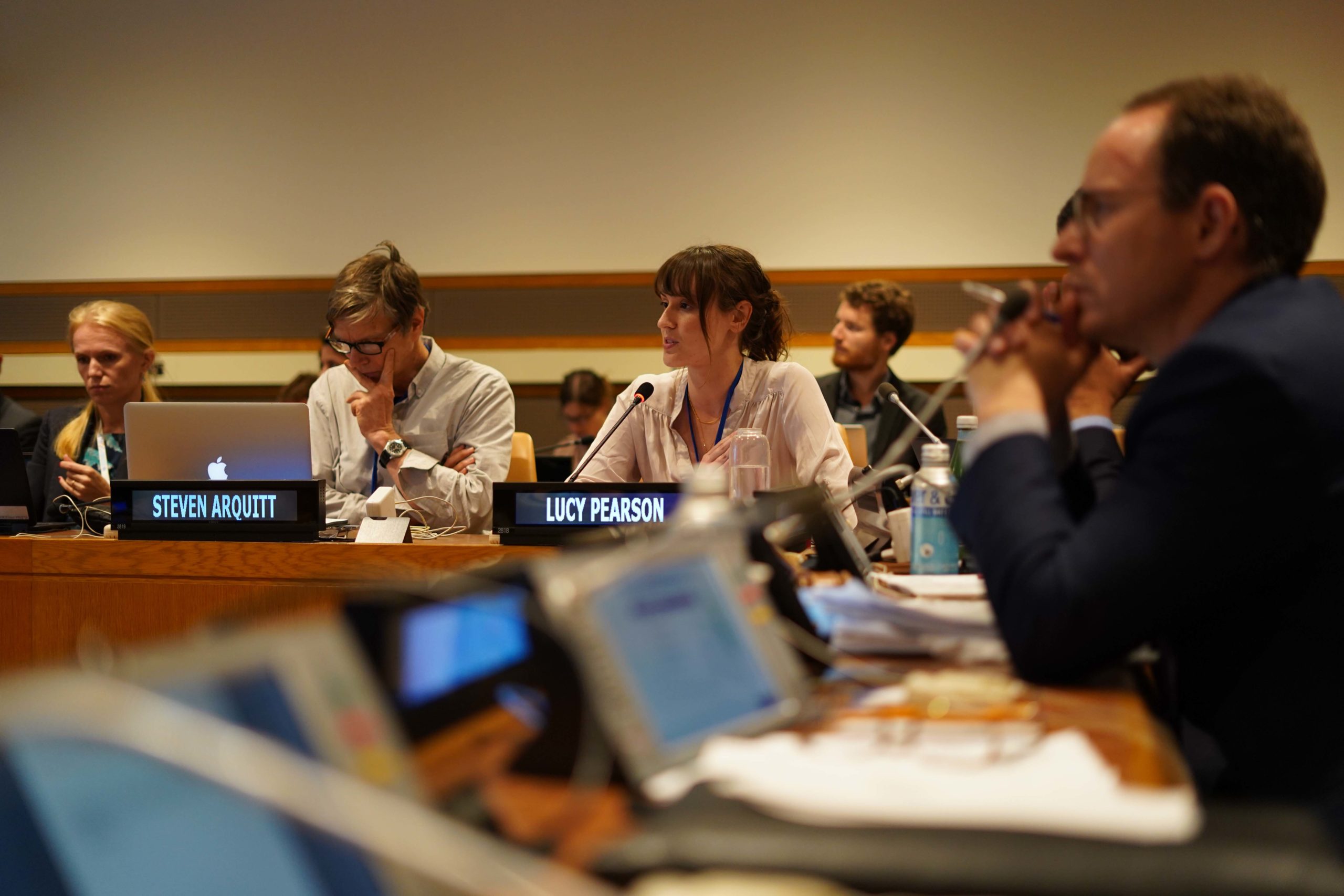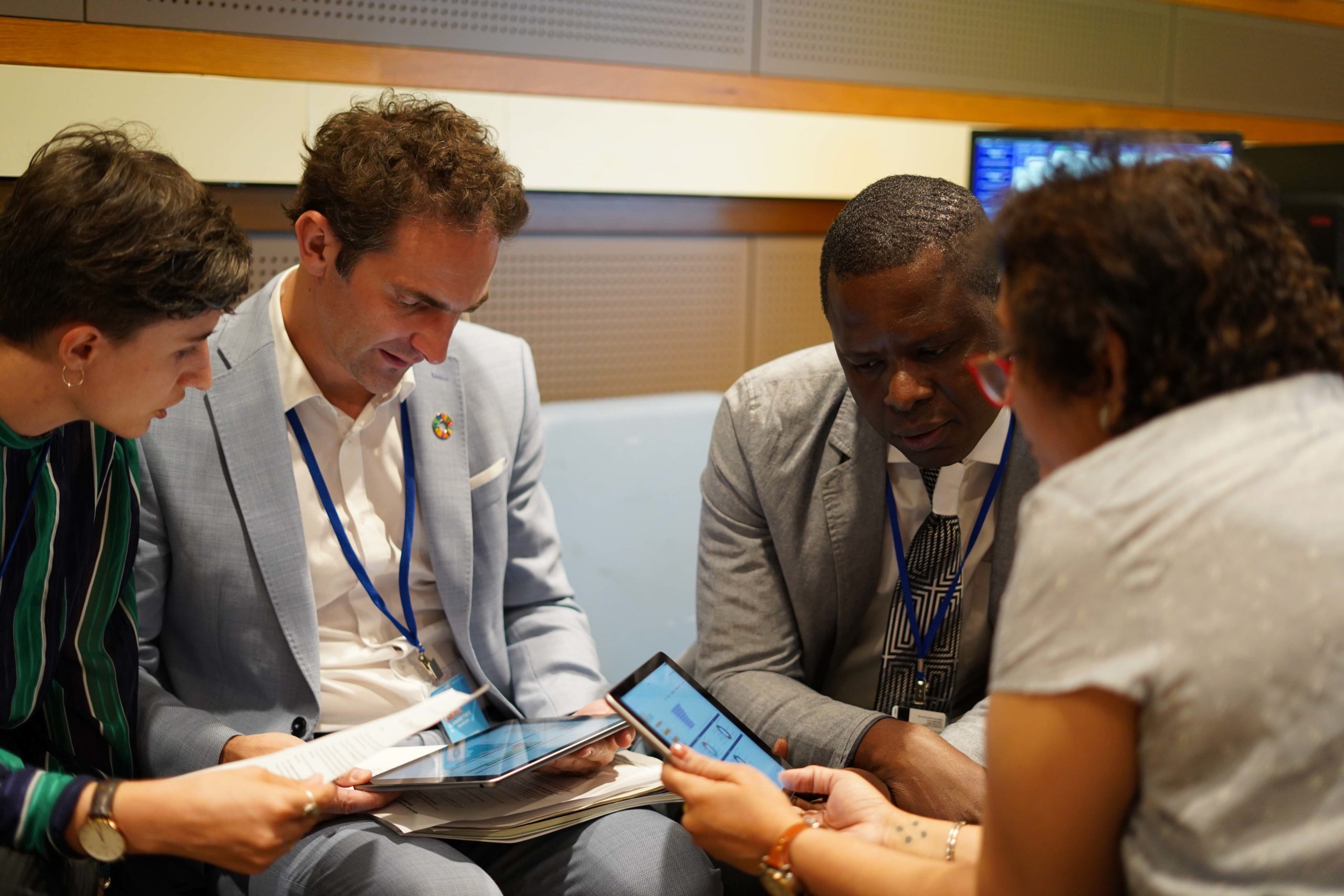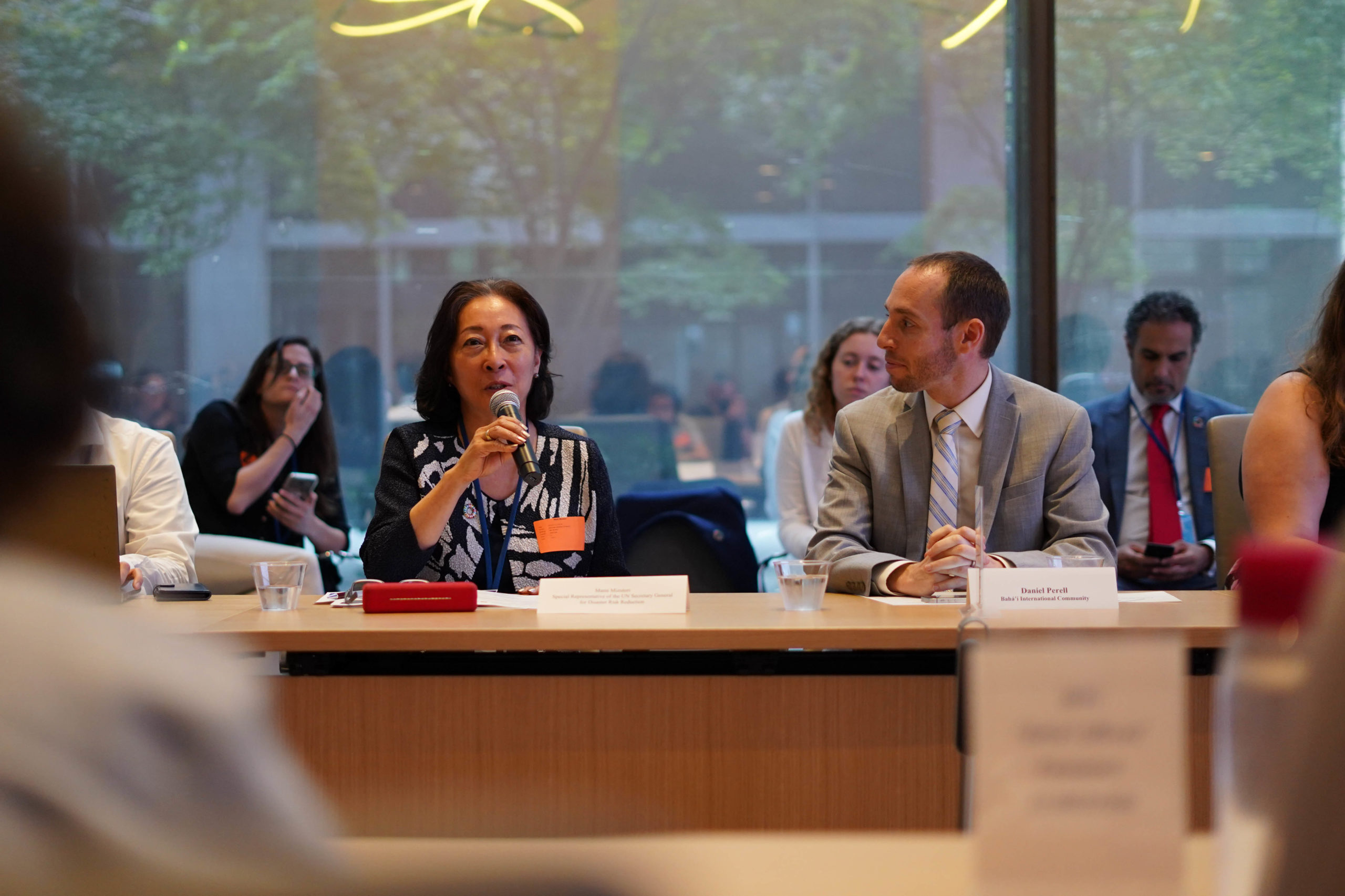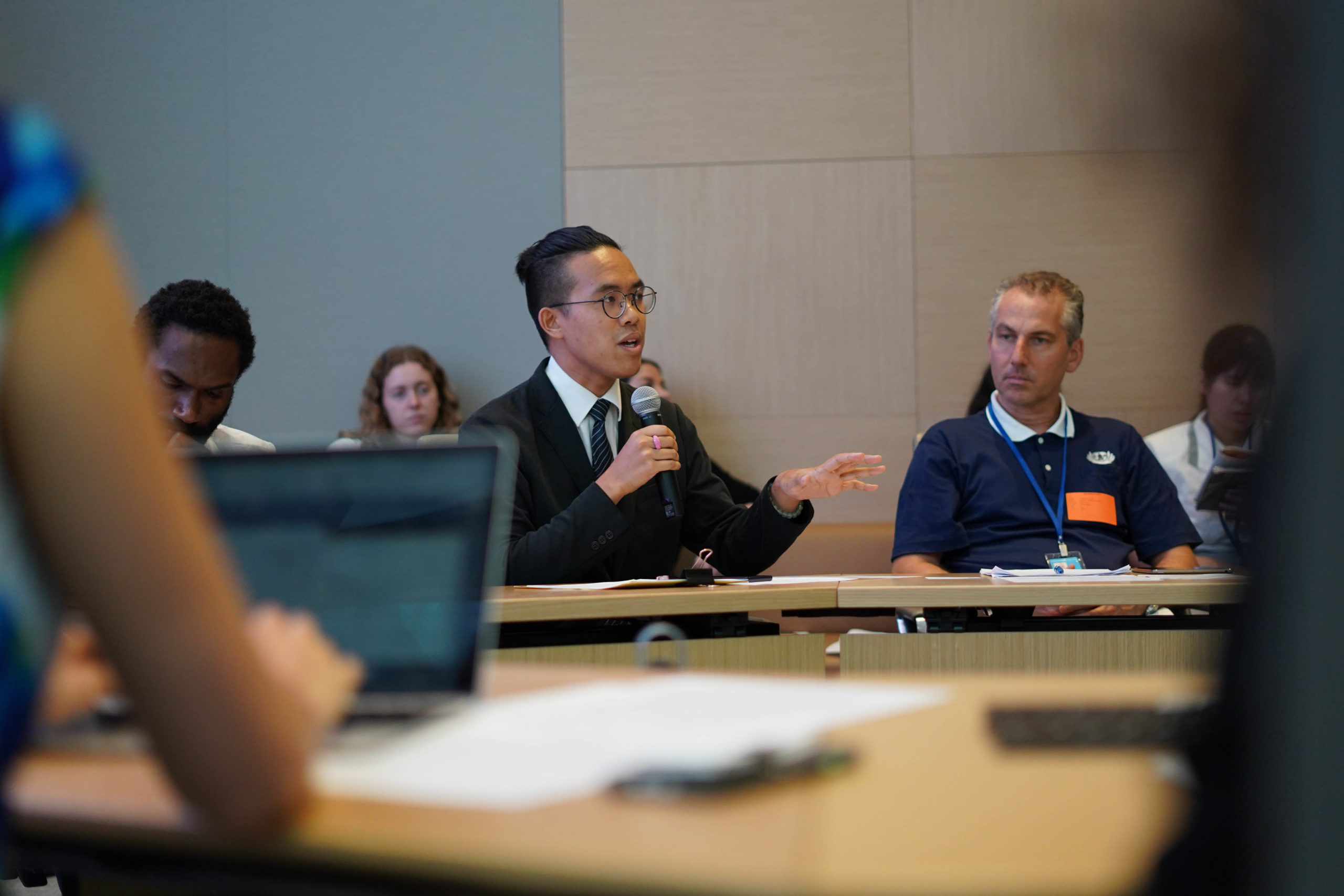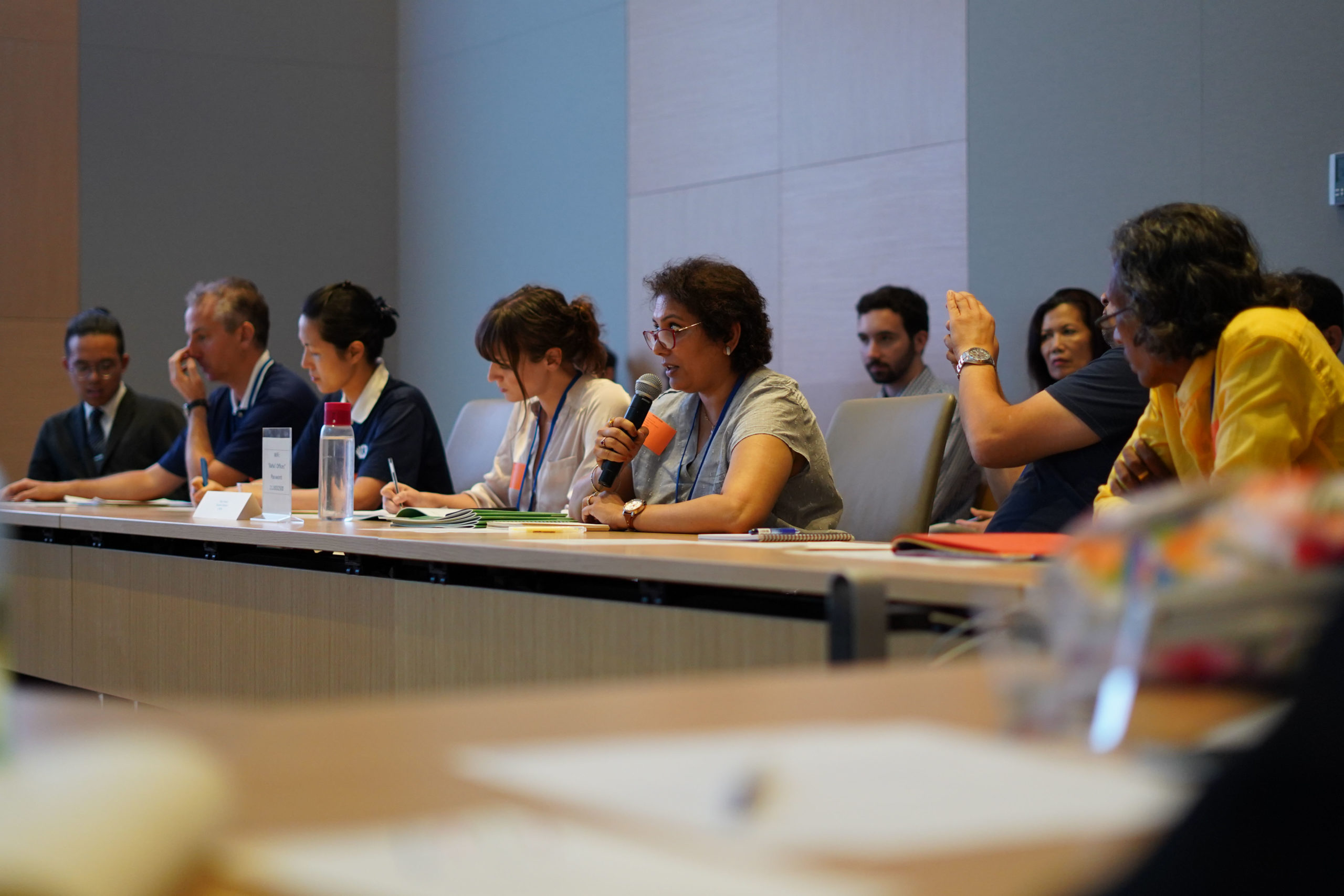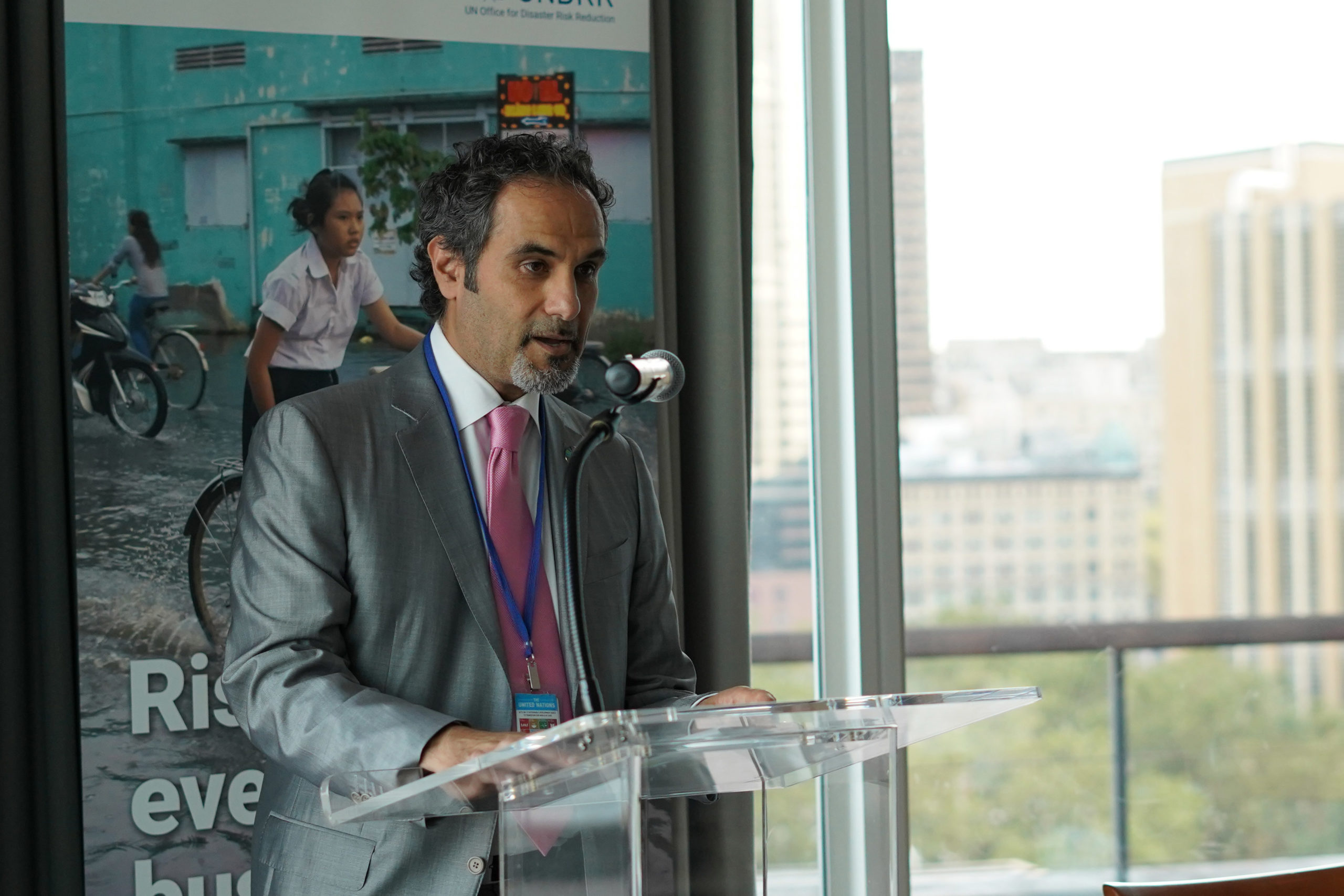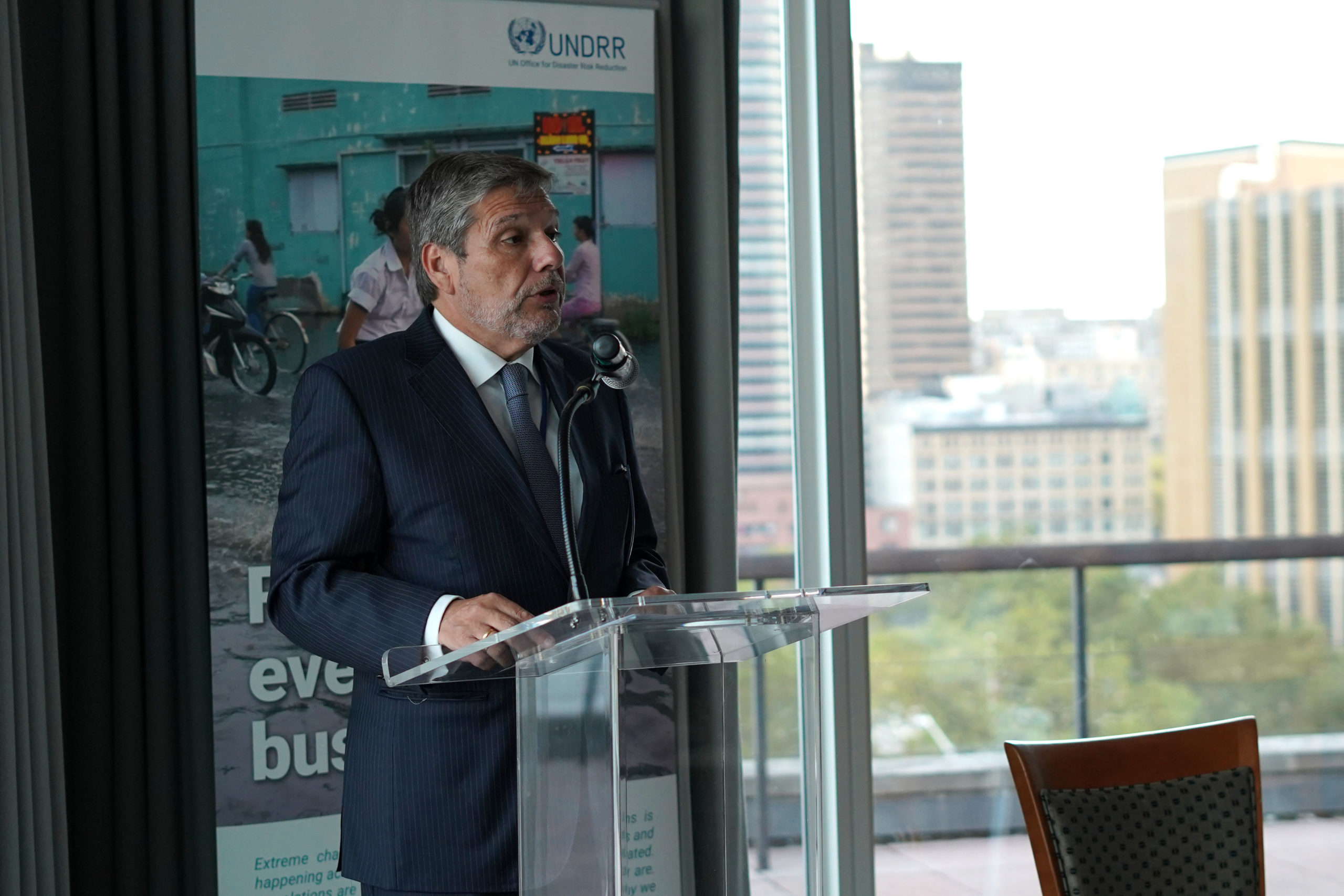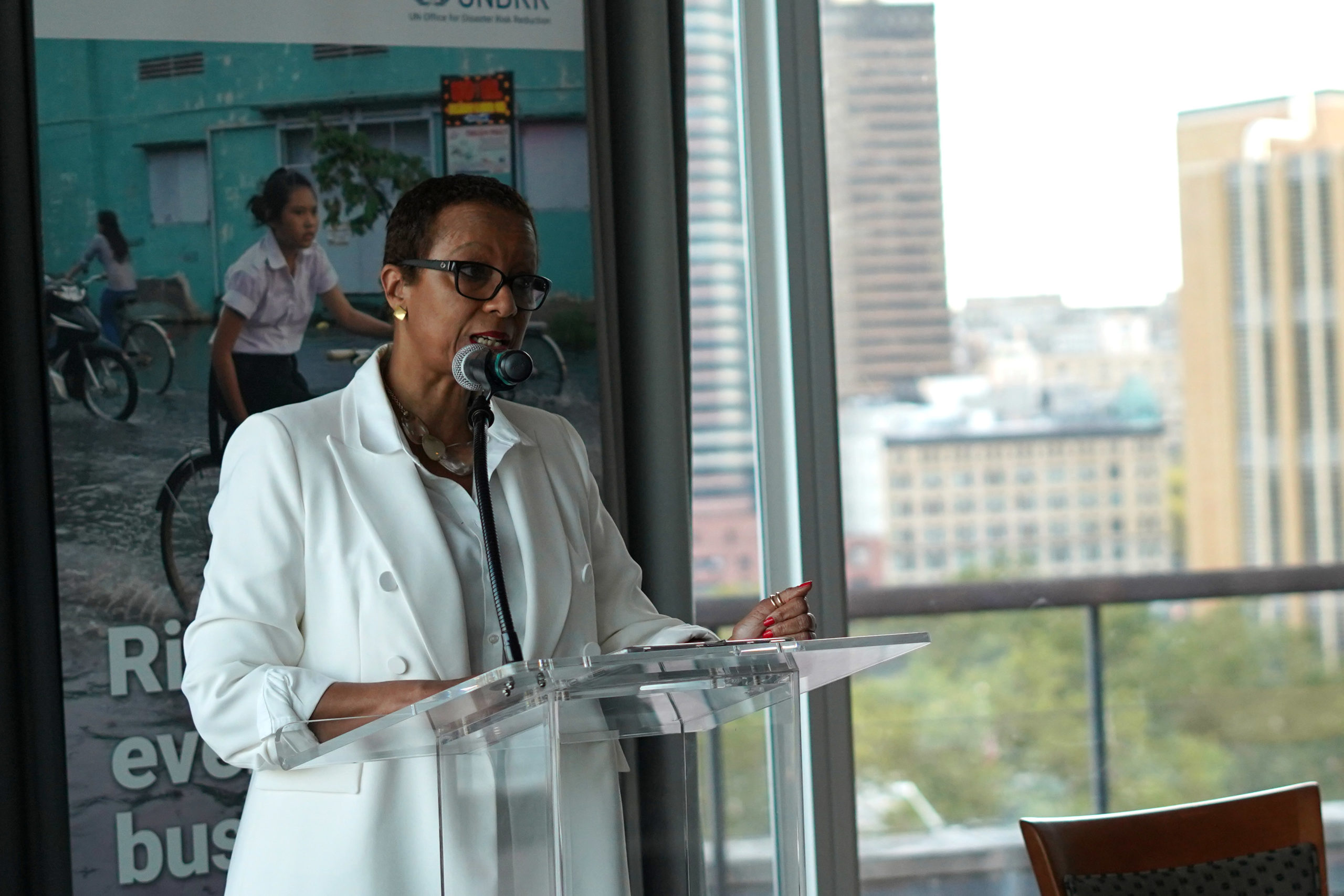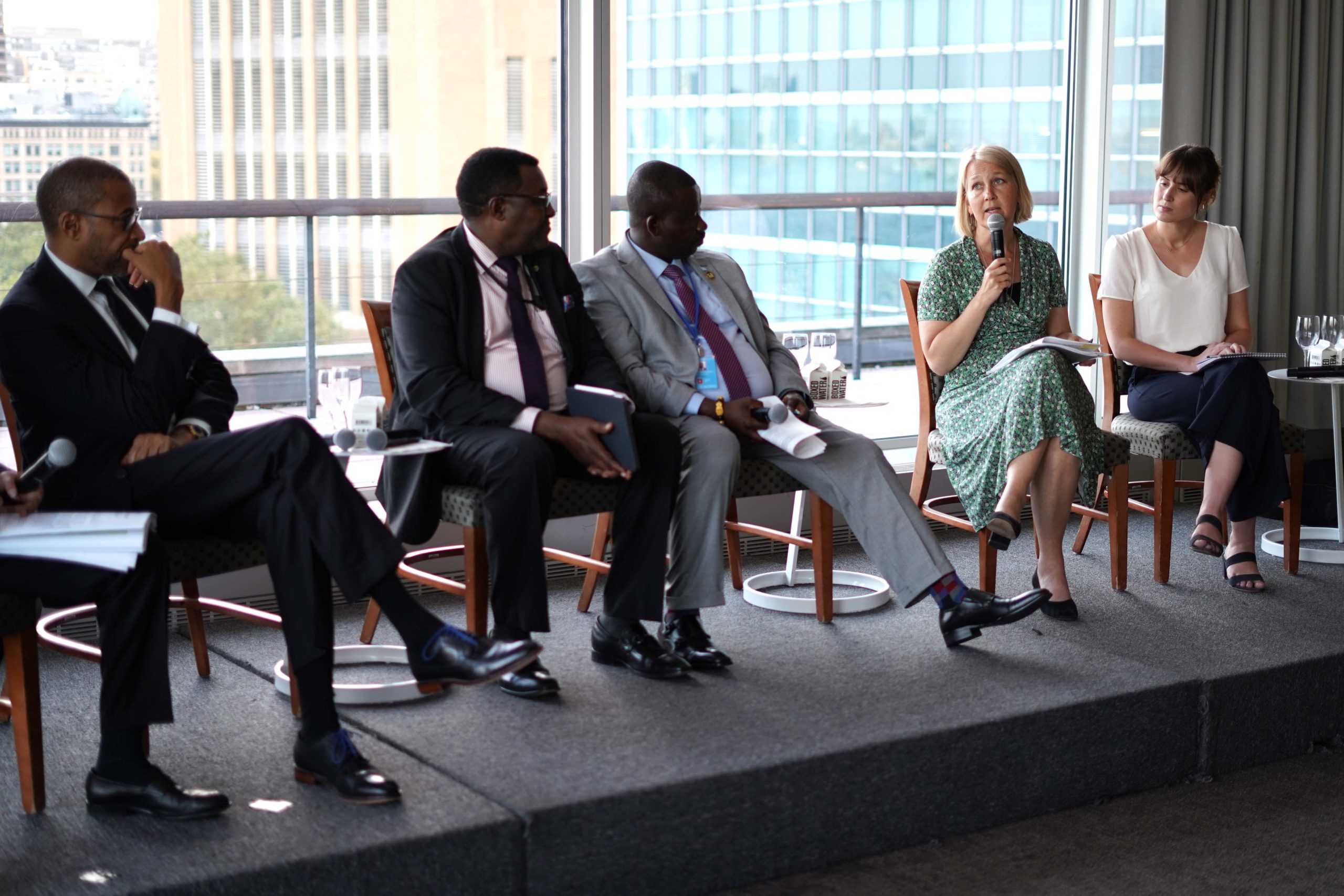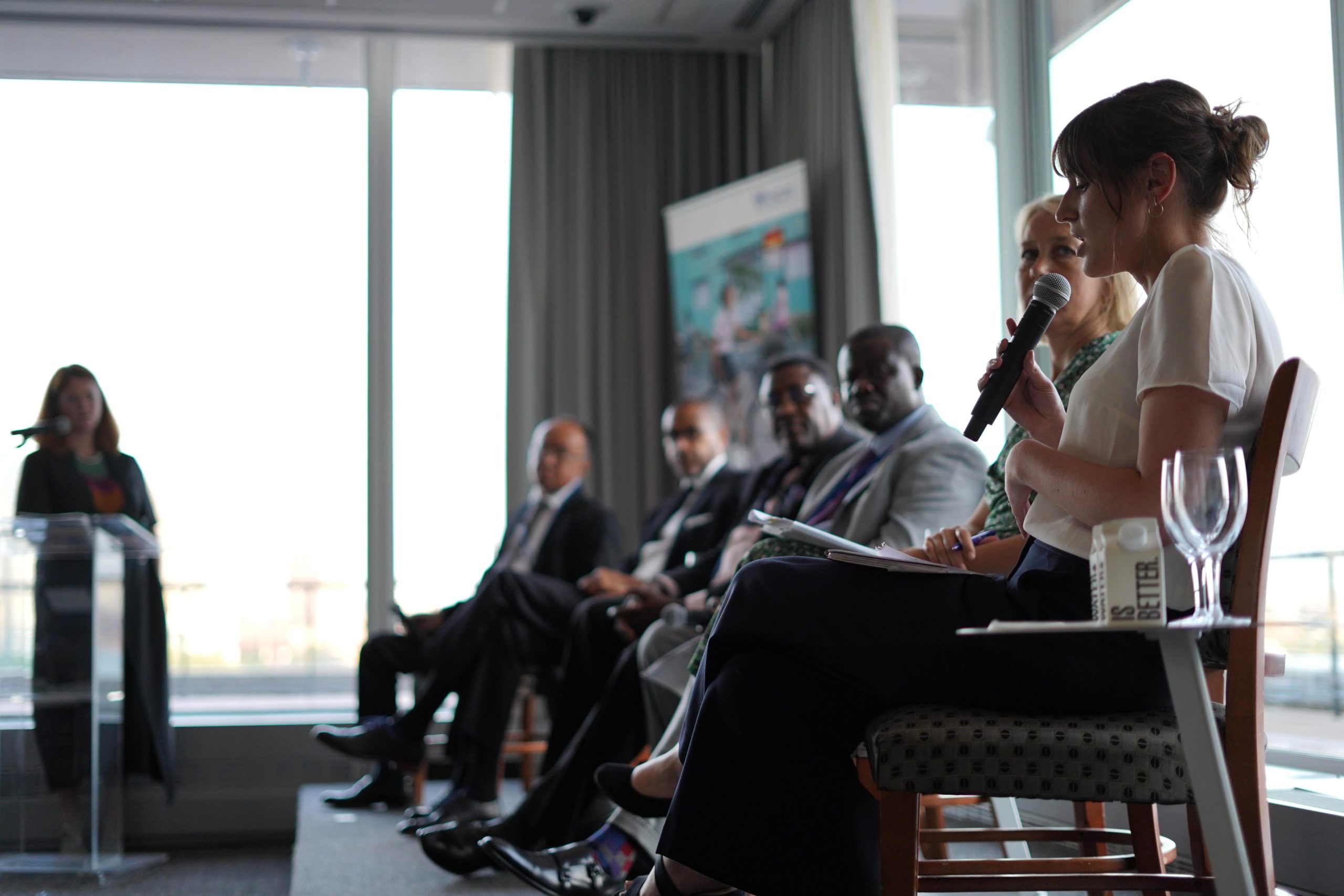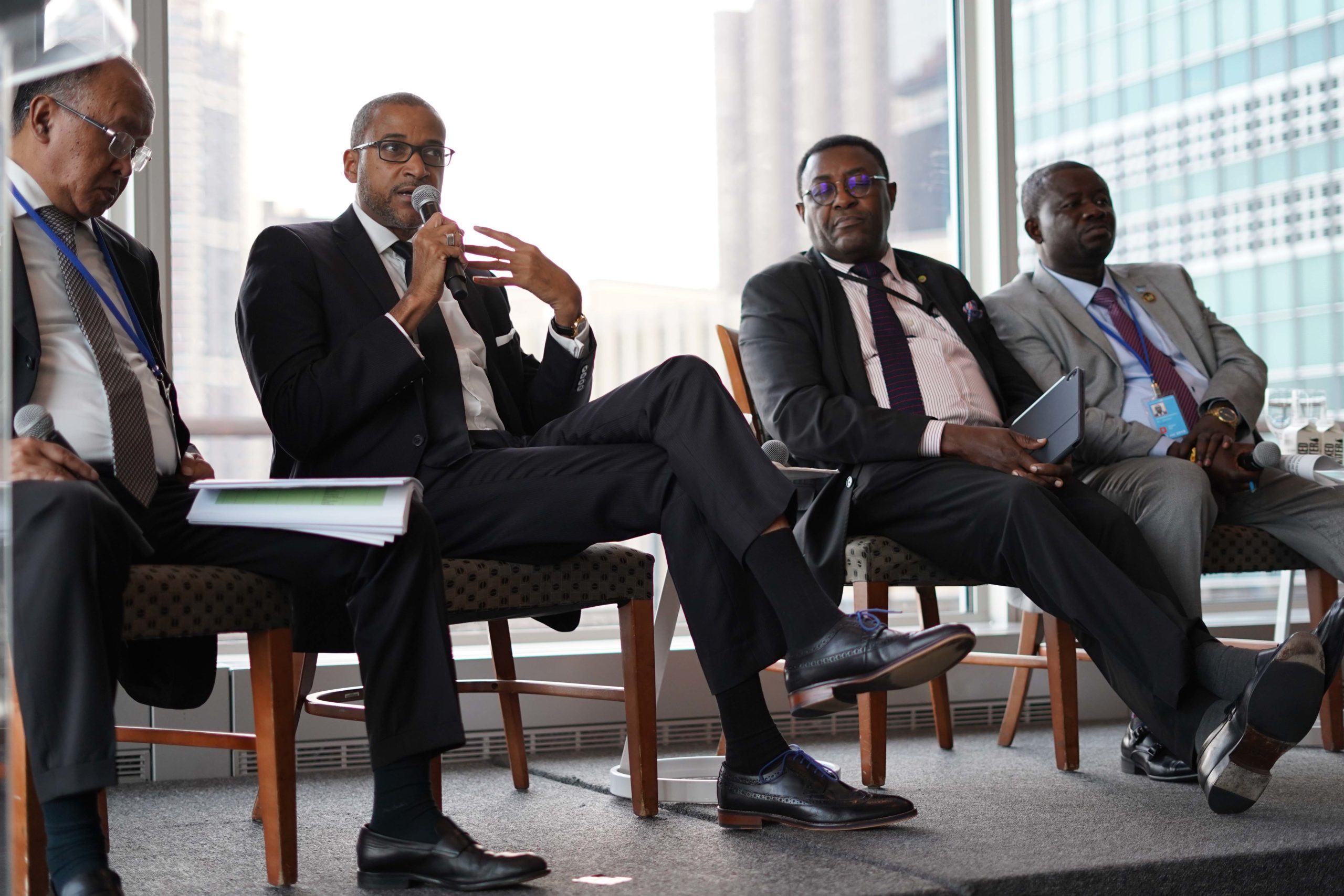GNDR members and staff participated in this year’s High-Level Political Forum on Sustainable Development (HLPF) in New York on 9-18 July.
Organised annually by the Economic and Social Council of the United Nations, this is where countries come together and review their progress towards achieving the Sustainable Development Goals (SDGs). Our goal was to advocate risk-informed development, for local level participation in decision-making and policy coherence. Here’s an overview of our activities at the conference.
Sendai Stakeholders contributions to SDG 13 reporting and the Voluntary National Reviews: recommendations for an inclusive, multi-stakeholder approach
This official side event was organised by the Sendai Stakeholders Group. Panellists discussed good practices of implementing risk-informed development to achieve the SDGs and multi-stakeholder approaches to achieving goal 13.
Panellists included: Kathryn Adams (LIDE Foundation), Zakir Hossain (Farmers’ Voice), Jhocas Castillo (DAMPA/Huairou Commission), Ahmed Riad (ARISE), Tetet Maria Theresa Lauron (Rosa Luxemburg Foundation), Reda Shmait (UN Major Group for Children and Youth) and GNDR Executive Director Bijay Kumar.
Mr Hossain talked about how development and climate change can bring risks to communities. “Our only source of water is a canal. Development brings irrigation, but also brings silt, which reduces the width of the canal and increases the risk of floods, along with the new bridge that narrows the water flow,” he said.
Mr Kumar made an impassioned speech on the need for an all of society approach to risk-informed thinking and decision-making. Policy and practice coherence, particularly at the local level, is needed to take into consideration the broader needs of a community.
